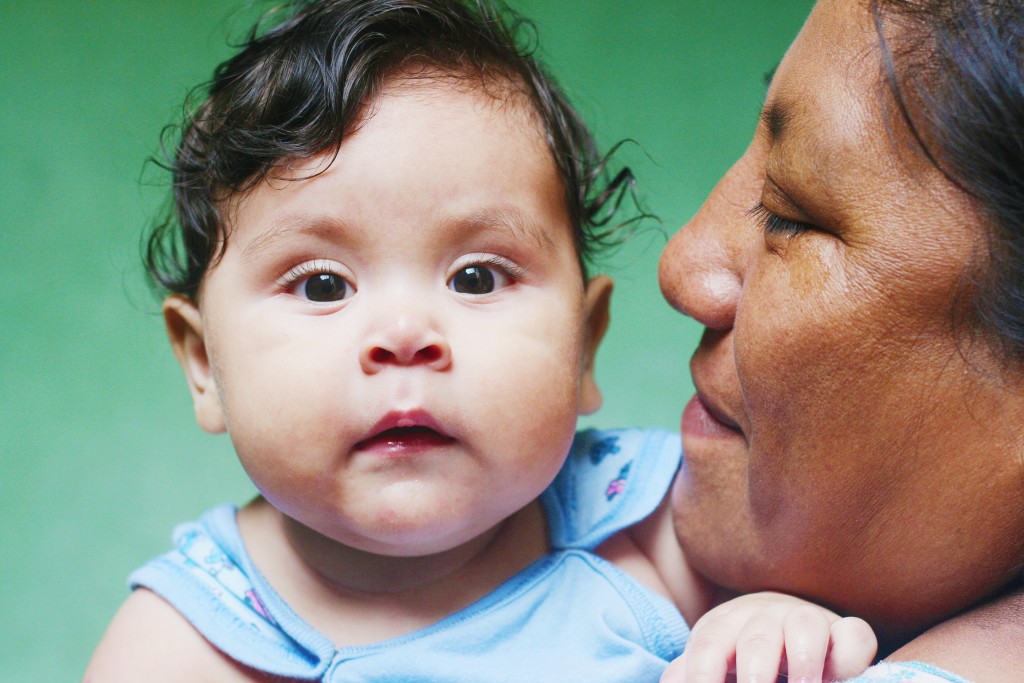 Note: This is the eighth in a series of fact sheets looking at how federal COVID-19 relief impacts New Mexico on a variety of issues. Read the introduction to the series, with links to other fact sheets, here
Note: This is the eighth in a series of fact sheets looking at how federal COVID-19 relief impacts New Mexico on a variety of issues. Read the introduction to the series, with links to other fact sheets, here
Download this fact sheet (June 2020; 2 pages; pdf)
By the Numbers:
Medicaid, the health insurance program that is jointly funded by the federal government and the states, is one of the largest providers of health coverage in New Mexico. Programs like Medicaid are especially critical during a public health crisis such as the COVID-19 pandemic, which has had a disproportionate impact on Native communities:
- 40% of New Mexicans are covered by Medicaid.[1]
- 3 out of every 4 children are covered by Medicaid.[2]
- Medicaid supports our health care system by paying for $6.5 billion in health care services annually, 78% of which comes from the federal Medicaid match.[3]
- 287,000 New Mexicans are uninsured, which includes 100,000 people who recently lost employer health coverage due to COVID-19.[4],[5]
- Native Americans, who comprise 13% of our population, have been disproportionately harmed by COVID-19 and make up 54% of cases.[6]
- 67% of COVID-19 deaths have been in San Juan and McKinley counties, both of which have large Native communities.[7]
What’s Included:
The Families First Coronavirus Response Act makes temporary changes to Medicaid by:[8]
- Increasing the federal match by 6.2%, which could provide an additional $330 million in federal funding to New Mexico; this federal increase does not apply to those adults covered under the Affordable Care Act’s (ACA) Medicaid expansion.
- Requiring states to cover the cost of COVID-19 testing for Medicaid recipients.
- Allocating federal funds to cover 100% of COVID-19 testing for the uninsured.
The CARES Act provides funding for New Mexico’s health care system:
- $170 million for almost 1,800 health care providers in New Mexico.[9]
- A small portion* of the $1 billion allocated to the Indian Health Service.[10]
Who’s Left Out:
Undocumented immigrants
- Because they are ineligible for Medicaid and the ACA’s federal tax credits, many undocumented immigrants in New Mexico are uninsured.
Tribes and Pueblos
- Tribal nations in New Mexico are being hit the hardest by COVID-19 and have not received enough funding or other resources to effectively respond to the public health crisis.
Many uninsured New Mexicans
- Although COVID-19 testing is free, COVID-related health care services are not, and many people have been unable to enroll in health insurance plans through the ACA exchange because they missed the last enrollment period.
What’s Next:
Congress should further increase Medicaid funding for states
- The federal government should increase the federal match by 12% and apply it to the Medicaid expansion population to strengthen state health care systems. The increased match should last through the state’s economic recovery to help stabilize the health care system after the public health emergency has ended. Medicaid should also be allowed to cover costs of COVID-19 treatment for those who are uninsured, including undocumented immigrants.
Make health care more accessible
- Increasing the availability of individual tax credits to offset the cost of health care premiums will make coverage on the ACA exchange more affordable for families earning low incomes. It is also important to open a special enrollment period for state-based exchanges to allow uninsured individuals to purchase coverage outside of the normal enrollment period.
Supply providers with more health care resources
- Health care providers, specifically those in rural and tribal areas, need additional resources, including personal protective equipment (PPE), ventilators, and funding for testing, tracking, and follow-up services to maximize public health efforts. The Indian Health Service remains grossly underfunded, and any future legislation should direct additional aid specifically to tribal nations.
[1] The HSD Data Book, NM Human Services Department, January, 2020
[2] Monthly Statistical Reports, NM Human Services Department, April, 2020
[3] Fiscal Year 2021 Budget Request Factsheets, NM Human Services Department, January, 2020
[4] Eligibility for ACA Health Coverage Following Job Loss, Kaiser Family Foundation, May 13, 2020
[5] The Uninsured in New Mexico, The Urban Institute, Dec, 2019
[6] COVID in New Mexico, NM Department of Health, June 14, 2020
[7] ibid
[8] “Families First’s Medicaid Funding Boost a Useful First Step, But Far From Enough,” Center on Budget and Policy Priorities, April 21, 2020
[9] “State-by-State Breakdown: Delivery of Initial $30 Billion of CARES Act Public Health and Social Services Emergency Fund,” U.S. Health and Human Services, 2020
[10] IHS receives more than $1 billion for coronavirus response, Indian Health Service, April 3, 2020
*Data on New Mexico’s share of funding unavailable
